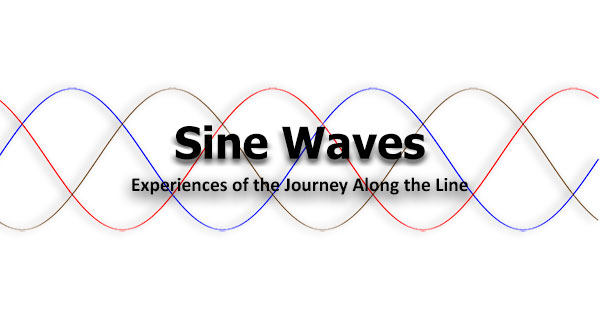I love working with apprentices and teaching young people the line trade. My apprenticeship,
which started in the early ‘70s, was fantastic.
In those days you needed two years as a groundman or machine operator on the line crews to apply.
The CDL was a given, of course, and the apprenticeship was seven terms over three years.
Resources were limited; the Kurtz lineman’s handbook and a Trades Trainer’s curriculum was all there was.
It was a well-rounded education including theoretical skills for rigging and transformation, plus all types of line work –
transmission, distribution, overhead and underground work procedures.
The seven terms were subject to passing exams, schooling, and crew feedback to confirm
competency. In those years industry and powerline work was booming and exposure to
everything was readily available. Traveling to projects was expected and reports of performance
were given and non- performance was dealt with along the way. Reporting to the lineman
committee was monitored and closely fed back to the managers and union representatives and
apprentices. My experience with this system was excellent, I was rated the head of my class
and was extremely lucky to be working with some of the best in the world.
However, . . . this story is not about me, it is about the evaluations of apprentices and
monitoring performance. Every lineman or trades trainer in our world struggles with trying to
judge performance levels. The last thing we want to do is to pass someone who would be likely to get
hurt or injure others. The pressure to upgrade someone is intense and impacts everyone.
So . . . this story is about an apprentice who was getting close to finishing their apprenticeship . .
. one year out from graduation.
After doing a job one day, my partner and I noticed something the apprentice said while hot
sticking off the pole. Working slowly, he said, “It’s windy today,” and we noticed he was in a full
sweat. It wasn’t hot out and we weren’t working fast or hard. Away from the younger fellow, my
partner and I discussed it, noting that it was odd. We decided to watch him doing other tasks and
see if there was a pattern or reason for concern.
Observing the apprentice over the next few days, we noticed that every time he worked live line or
handled live secondary, he broke into a sweat. The fellow was shy and had a calm way about
him, and we questioned why this issue had not been discussed. Everyone liked the guy, he
wasn’t fast but could do everything . . . just slowly. We decided that, maybe given more time, it
might go away? It was finally determined that extending his apprenticeship would be
appropriate. When this feedback was given to him, in a respectful manner, he seemed relieved.
After another six months, nothing had changed, so I decided that having a private conversation with him,
along with the union representative, was in order. In a relaxed conversation we asked him why
he was nervous while working hot. He said, “I don’t like handling electricity,” and that he became
a lineman because his dad wanted him to. It turned out he was scared to admit his fear, and
had been losing sleep for years. “Well,” we said, “At least we know what we can do, now, about
things!” Other career options for this guy, if he was terminated from the apprenticeship program,
were discussed.
I felt sick about this situation for months, and the other linemen were mad, but we wouldn’t tell
everyone the truth, as it would embarrass him. After six months, the apprentice came to me and
thanked me for making the right choice about him. He said, “You saved my life,” and that his
nerves had settled down and he was resting better. His wife was also happier as she was living
with this lie, as well.
Graduation or evaluation of apprenticeship performances are serious responsibilities and
lives are on the line – literally. The tools and systems to grade performance need to be fair and
honest and, definitely, not political.
And this story has a happy ending . . . this fellow ended up being the greatest storekeeper in the
history of our utility!
Bruce Masse – Trouble Technician

